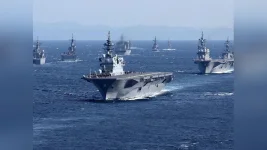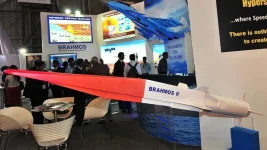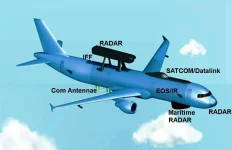
In a significant diplomatic move, India is set to welcome a five-member delegation from Pakistan, accompanied by neutral experts from the World Bank, for discussions and on-site inspections of hydroelectric power projects in Jammu and Kashmir (J&K). The visit, scheduled from June 17 to 28, is in response to Pakistan's objections to several ongoing projects under the 1960 Indus Waters Treaty (IWT).
The talks will be held within the framework of the IWT, a World Bank-backed agreement governing the sharing and development of the Indus River system. While India controls the eastern rivers (Ravi, Beas, Sutlej), Pakistan has rights over the western rivers (Indus, Jhelum, Chenab), with limited use allowed for India.
This visit marks a crucial step in addressing longstanding disputes over water resource utilization in the region. It is the first time India has permitted such a visit since the World Bank appointed a neutral expert in October 2022 to examine the issue. Notably, it also signifies the first Pakistani delegation to visit J&K since the revocation of its special status in 2019.
The Pakistani delegation is expected to raise concerns over several projects, including the major Pakal Dul (1,000 MW) and Lower Kalnai (48 MW) hydropower projects, along with eight others in J&K and Ladakh. Pakistan had previously formally raised objections to these projects at the annual meeting of the Permanent Commission on Indus Waters in March 2022.
The Indian government has appointed liaison officers to facilitate the visit and ensure smooth coordination between the delegations and the Jammu & Kashmir Power Development Corporation. Joint inspections of the projects are likely to occur during the tour.
While the World Bank's role is typically to appoint neutral experts and finalize the Court of Arbitration Chairperson, it remains to be seen how this visit will impact ongoing arbitration proceedings initiated by Pakistan over the Kishenganga and Ratle projects. India has not participated in these proceedings, asserting their illegality.
This diplomatic engagement represents a renewed effort to find mutually agreeable solutions to water resource management in the region. It underscores the significance of the IWT as a mechanism for cooperation and dispute resolution between India and Pakistan.



